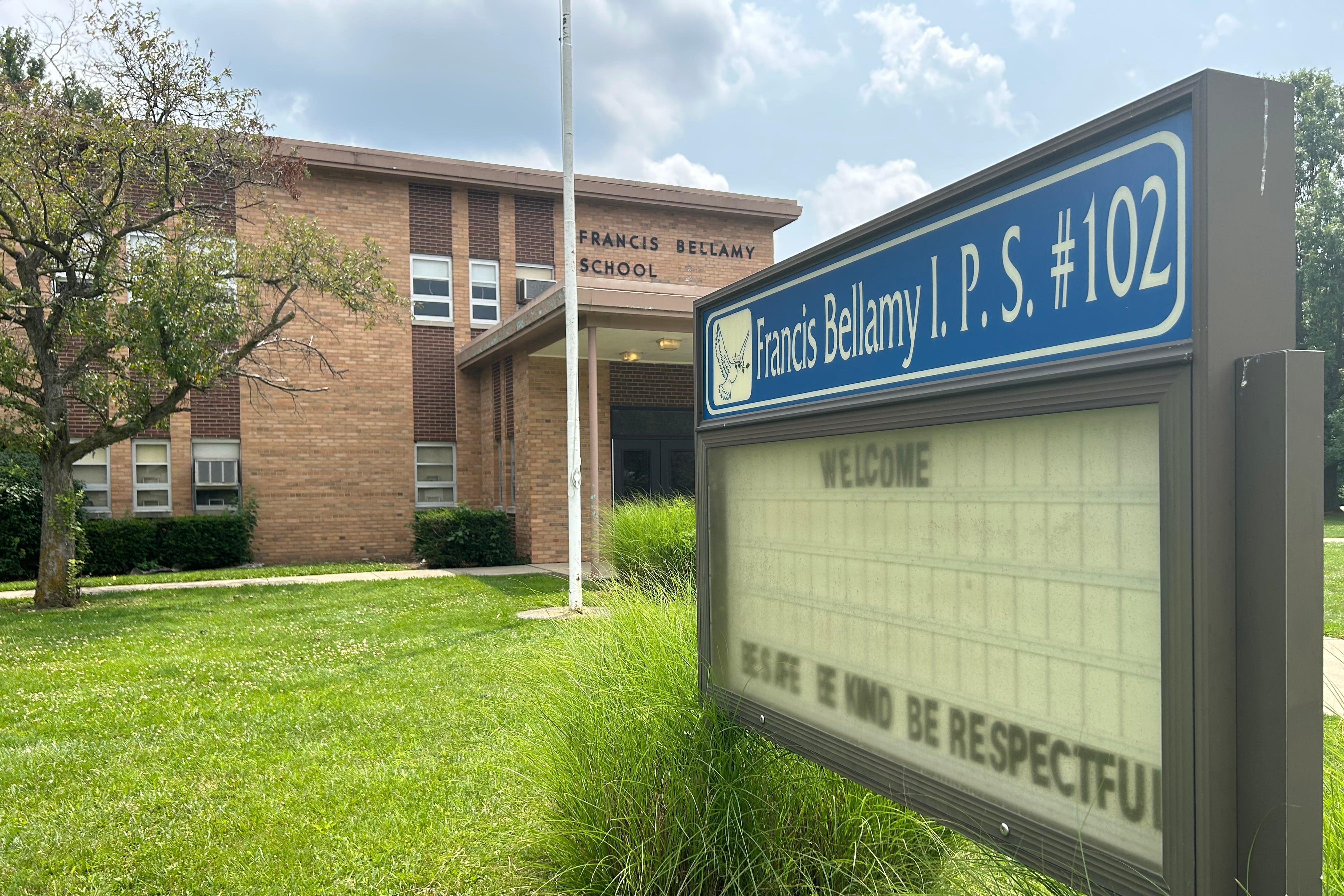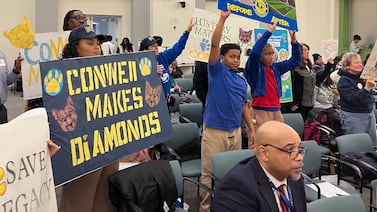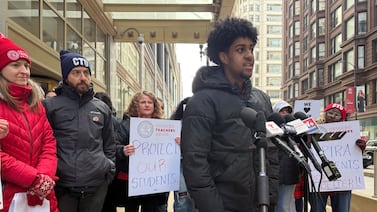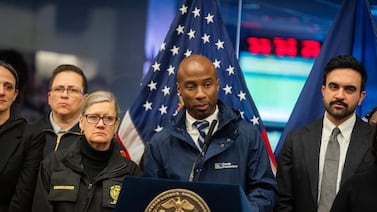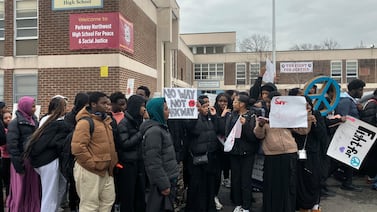Sign up for Chalkbeat Indiana’s free daily newsletter to keep up with Indianapolis Public Schools, Marion County’s township districts, and statewide education news.
This story has been updated.
Indiana Attorney General Todd Rokita plans to appeal a Marion County judge’s ruling that grants Indianapolis Public Schools an exemption from state law requiring districts to sell closed school buildings to charter schools for $1.
Rokita is also seeking an emergency stay of Judge Heather Welch’s Monday ruling, in order to prevent IPS from selling Francis Bellamy School 102 at Thursday’s school board meeting. IPS plans to sell the building to the local VOICES nonprofit that works with youth.
The lawsuit from IPS against Rokita and state board of education officials sought relief from the so-called $1 law. It also highlighted disagreements between the district and some members of the charter community about the best use of facilities and resources.
The district argues it is exempt from the law because it shares funding from a 2018 operating referendum with charter schools in its Innovation Network of autonomous schools. Lawmakers revised the $1 law this year to exempt districts if they share funds from voter-approved property tax increases for operating or safety expenses with an “applicable charter school.”
Welch ruled that IPS is exempt from the law so long as it continues to share those referendum funds with its charter schools.
But she said that the district would need to comply with a new law — which requires Marion County school districts to share such funds with all charter schools that enroll any of its students — if it extends its current sharing agreement, or if voters pass another funding referendum.
Rokita said in a statement that IPS should be held to the letter and spirit of state law.
“Like every case, we take it head on and do not back down,” he said. “We truly believe in parental rights, so we plan to file an appeal as soon as possible.”
IPS did not offer comment on Rokita’s announcement but referred to their statement sent on Monday that expressed gratitude for the judge’s ruling.
Amelia Pak-Harvey covers Indianapolis and Lawrence Township schools for Chalkbeat Indiana. Contact Amelia at apak-harvey@chalkbeat.org.

